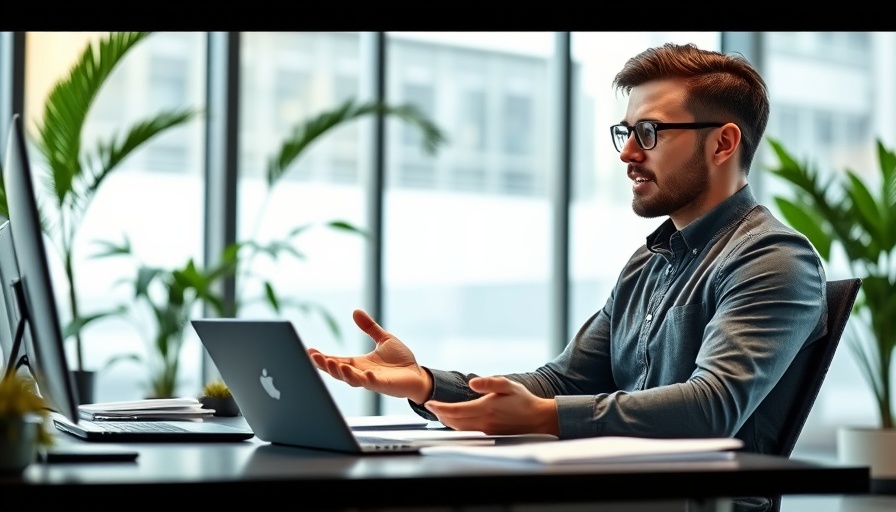
Europe's Renewable Energy Ambitions: A New Business Paradigm
As Europe strives to meet its ambitious €1.5 trillion renewable energy target, companies like Ikea are redefining their strategies and exploring green energy opportunities. The Swedish furniture giant, known for its affordable home goods, has also evolved into a major player in renewable energy, showcasing how businesses can adapt to current environmental demands while realizing substantial economic benefits.
Ikea’s Significant Investment in Renewables
Ikea has invested over €4.2 billion ($4.9 billion) since 2009 to integrate renewable energy sources into its operations. This commitment has led to a staggering 75% of the company’s electricity being derived from renewable sources. Jesper Brodin, CEO of the Ingka Group, the largest Ikea franchisee, points out that the collective output from their 49 wind farms and 26 solar parks is sufficient to power 1.47 million EU households. This puts Ikea in a unique position where they inadvertently function as a mid-sized utility company.
The Economic Advantages of Going Green
The decision to invest in renewable energy has paid off significantly for Ikea. Brodin reveals that their energy costs have decreased by 27% since 2015, and over a three to five-year span, renewable energy sources come at approximately half the price of traditional fossil fuel-generated power. This challenges the common misconception that renewable energy comes with a financial premium.
Shifts in European Energy Policy
The recent geopolitical events, particularly the Russian invasion of Ukraine, have starkly shifted the focus of energy policy in Brussels. The EU's Clean Industrial Deal now emphasizes the competitive advantages of green energy for businesses, with EU Commission President Ursula von der Leyen stating that the initiative will facilitate a clearer business case for embracing renewables. This shift marks a transition from a purely moral imperative to an economic necessity, suggesting that sustainable practices can reinforce a company's market position.
Implications for Business Professionals
For business leaders and professionals, the path taken by Ikea serves as a compelling case study on how sustainability can lead to enhanced profitability and resilience. As the energy landscape evolves, integrating sustainable practices isn't just a trend; it is a strategic imperative that can drive both growth and brand loyalty in an increasingly eco-conscious market. Emphasizing renewable energy capabilities can help businesses tap into current opportunities and align themselves with the EU's ambitious targets.
To take charge of their own sustainability initiatives, companies should evaluate their energy practices and consider how adapting to greener alternatives can position them favorably within their industries. Now is the time for businesses to embrace opportunities offered by the green transition.
 Add Row
Add Row  Add
Add 



Write A Comment